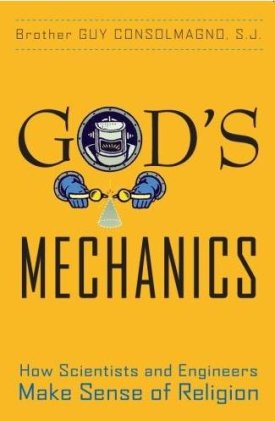

I received a copy of my friend Joerg Rieger's book 'Faith on the road: A short theology of justice and travel' (2015, IVP Academic) in the mail today.
I had the joy of reading it last year just a few weeks before the recent crises of migration in Africa, Asia and Europe hit the headlines. Rieger's understanding of what it means to be a just society - even a just planet, deeply shaped how I feel about migration, travel and pilgrimage.
I was so honoured to be asked to write one of the commendations for the back of the book. Here is what I wrote:
'Faith on the road' explores the complexity of faith, identity, economics and social justice through the lens of travel. This is a superbly written volume that approaches these complex issues in a thorough and helpful manner. It has changed how I think about travel, migration and faith. I highly recommend this book!
Brian D. McLaren said the following:
From his reflections on travel in the Scriptures to his experiences as a motorcyclist, Joerg Rieger invites us to see how travel changes more than our location: it can change our hearts and transform us from tourists to advocates for justice and peace.
Indeed, I do think this is one of the most helpful books on issues of migration and travel at present. If you are trying to work out what a just, ethical, stance to migration (and migrants) should be I am sure that reading this book will help you. If like me, you have the privilege (and the responsibility) to travel in your nation, continent, or across the world, then this book is important to read! There are important ethical issues around travel, the environment, borders and globalization to consider. Or, if you are interested in notions of pilgrimage as part of your faith or culture, then this book will also help you.
Hey, if you ride a motorcycle and have faith - then this book is for you! Joerg and I have had many great conversations about our shared joy of motorcycling (we both ride BMW GS bikes).
Here is the publisher's description for more information:
Millions of people travel every day, for what seem like millions of reasons. Some travel for pleasure, others travel for work and education, and many more travel to find a new job and a better life. In the United States, even those who don’t travel far still frequently find themselves on the move. What can we learn from these different forms of travel? And what can people of faith learn from the Christian and Jewish traditions that took shape on the road? From the exile from Eden to the wanderings of Jesus and his disciples, the story of Scripture is a dynamic narrative of ceaseless movement. Those who let themselves be inspired by this movement, and are willing to learn from others and from mistakes made in the process, are well positioned to make a difference in the world, not only at home but also around the globe. In this revised edition of the author's book Traveling, Joerg Rieger reflects on how Christian faith reorients the way we think about and make journeys in our lives.
You can get your copy of 'Faith on the road' from IVP here, and from Amazon (either in print or kindle edition) from the link below.
Once you have read it I would love to hear your thoughts or questions! Drop me a comment below or contact me via Twitter or Facebook.
 Sunday, May 1, 2016 at 4:23PM
Sunday, May 1, 2016 at 4:23PM 







